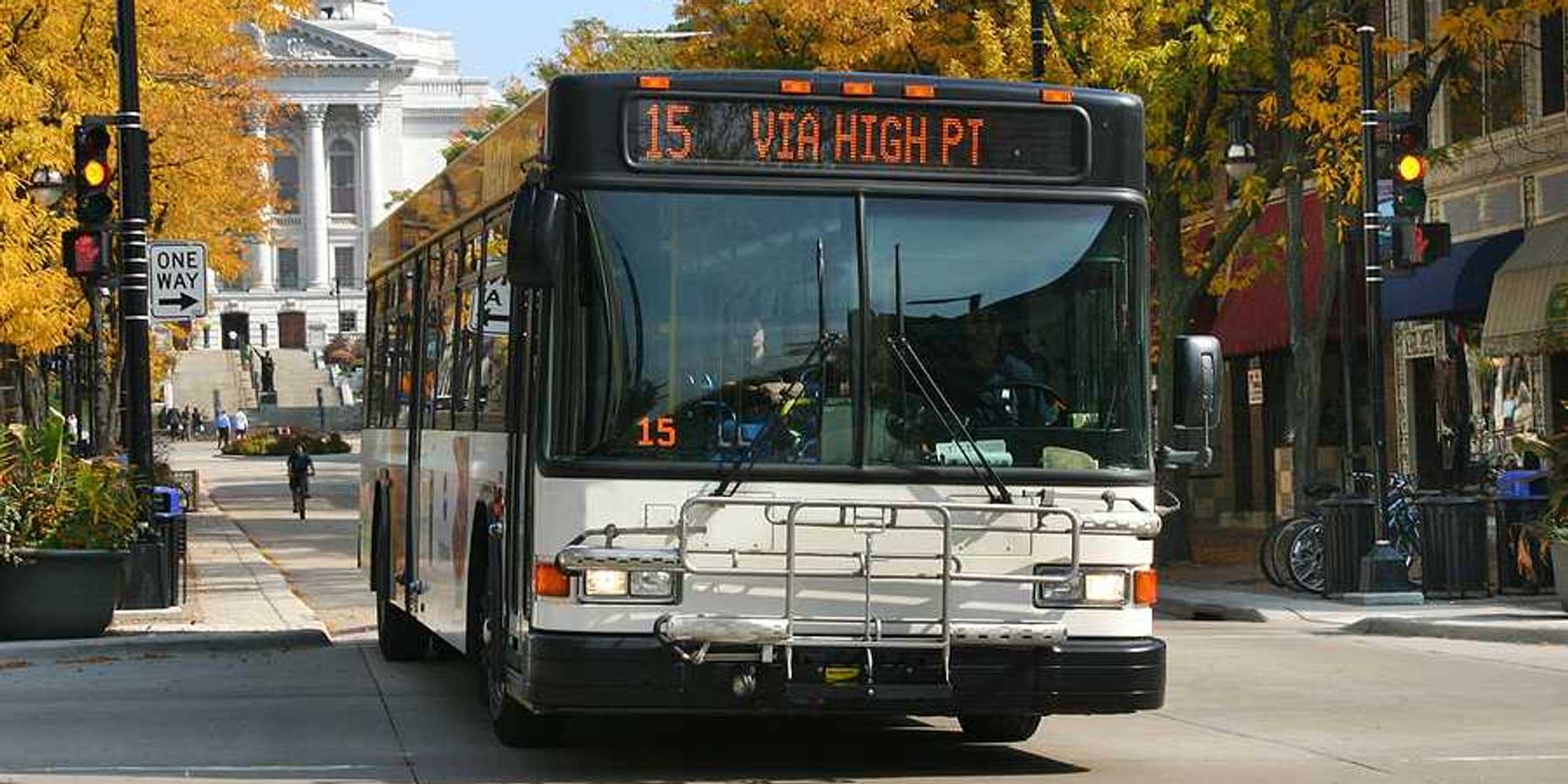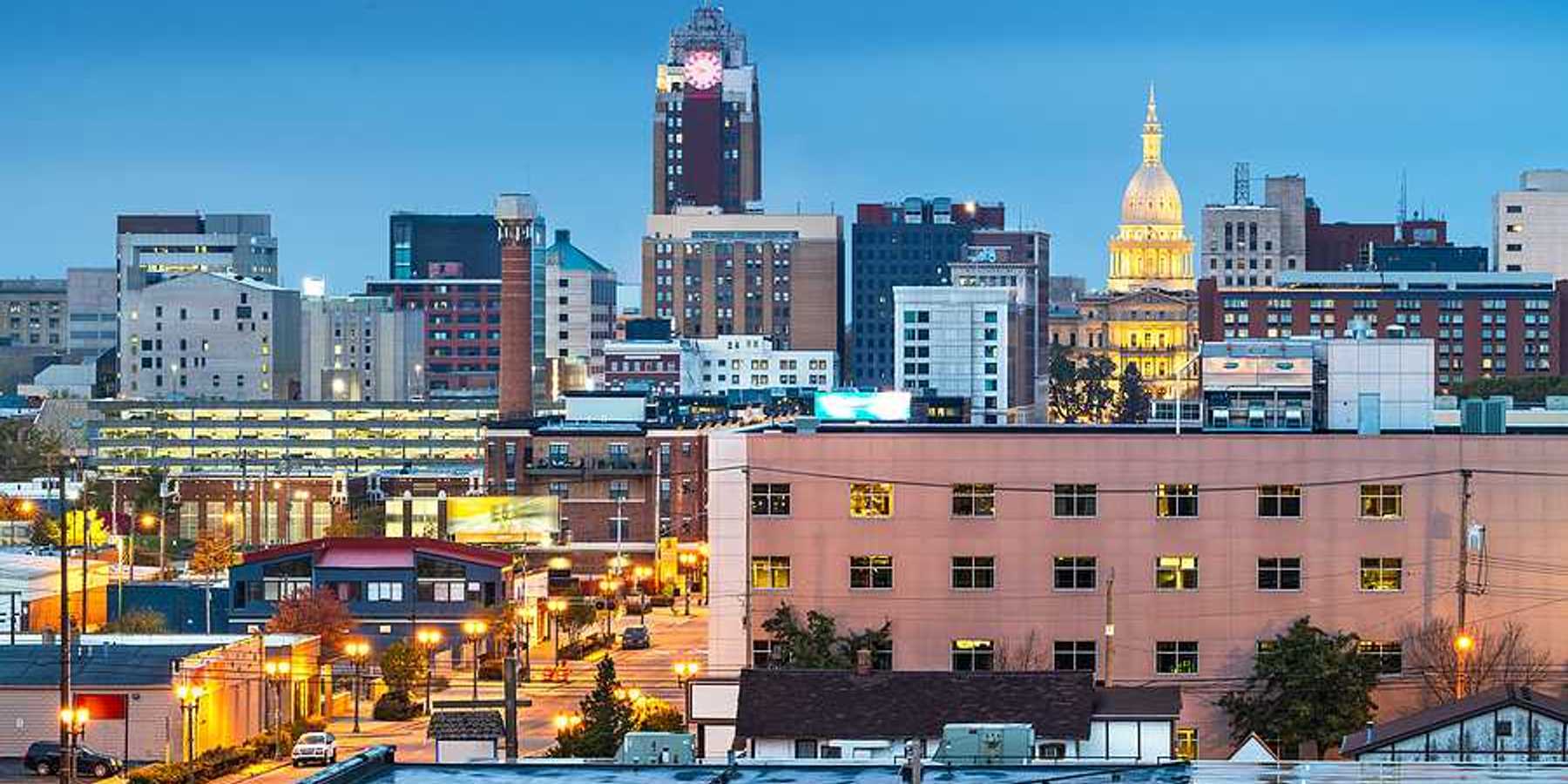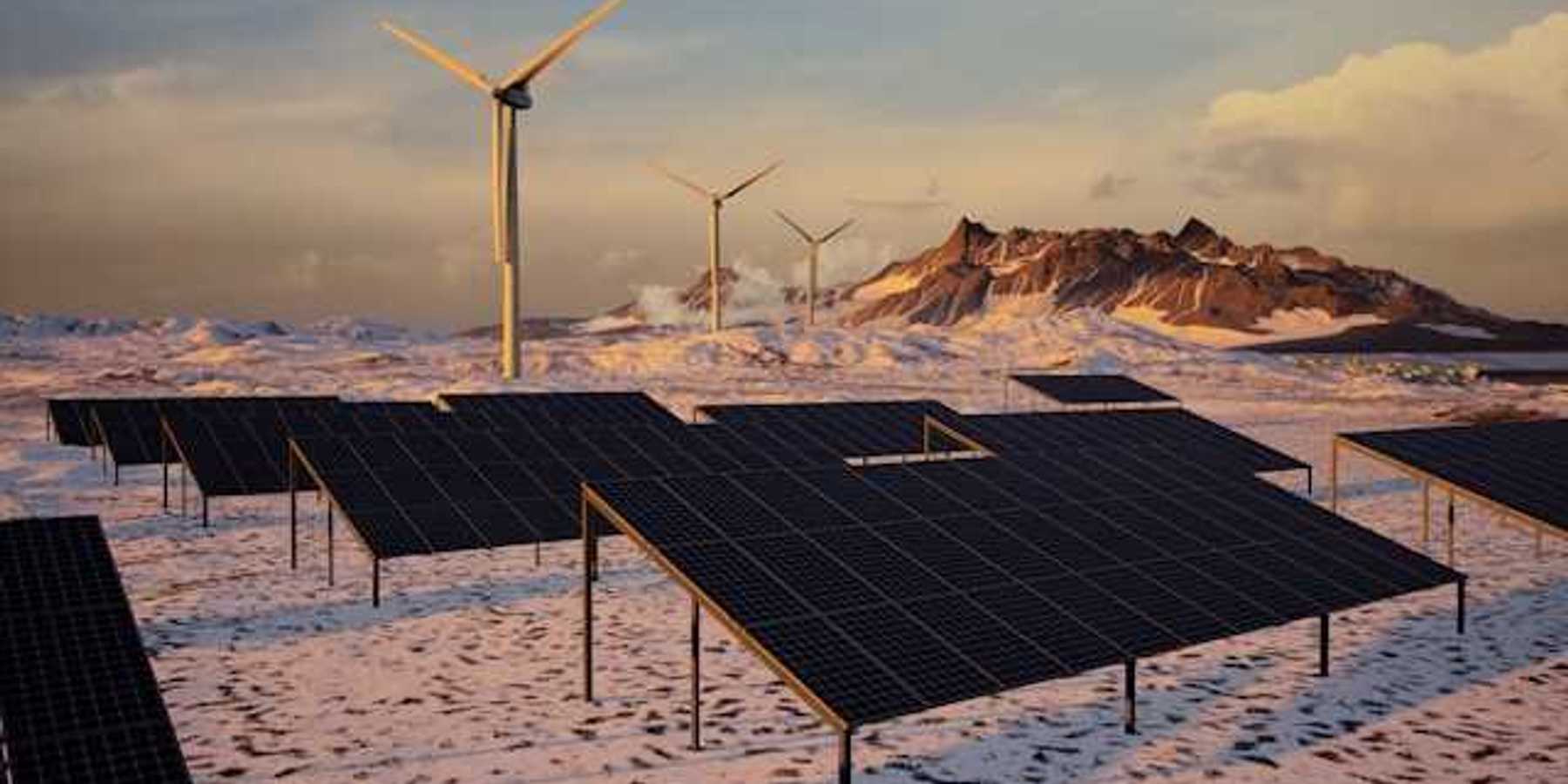South African coal town struggles to see benefits of clean energy shift
Residents of Komati, a former coal hub in South Africa’s Mpumalanga province, remain skeptical of the country’s green transition as job losses and slow infrastructure rollout leave them in economic limbo.
Rachel Savage reports for The Guardian.
In short:
- Komati’s coal-fired power station shut down in 2022, but promised economic alternatives like renewable energy jobs and training programs have arrived slowly, deepening unemployment and despair.
- South Africa’s transition from coal, which still powers 82% of its electricity grid, has been hampered by funding delays, inadequate infrastructure, and a 43% national unemployment rate.
- While some initiatives, like solar installation training and battery projects, show promise, many residents in informal settlements feel forgotten and question whether clean energy will bring real opportunity.
Key quote:
“We are surrounded by coal mines, so if the coal mines close down there won’t be any jobs.”
— Busisiwe Ndebele, former mine plant attendant
Why this matters:
South Africa’s coal transition offers a cautionary tale for countries racing to reduce emissions without deepening poverty. Mpumalanga, the heart of the country’s coal belt, is home to communities that have long depended on mining and fossil fuel power for income. While international lenders have pledged billions to help, the flow of funds and tangible progress on the ground remain sluggish. Meanwhile, promised retraining and employment opportunities are often temporary or poorly matched to local skills. If the transition away from fossil fuels fails to address the economic survival of people left behind, it risks fueling resistance to climate policies — especially in places where coal once brought stability.
Related EHN coverage:













